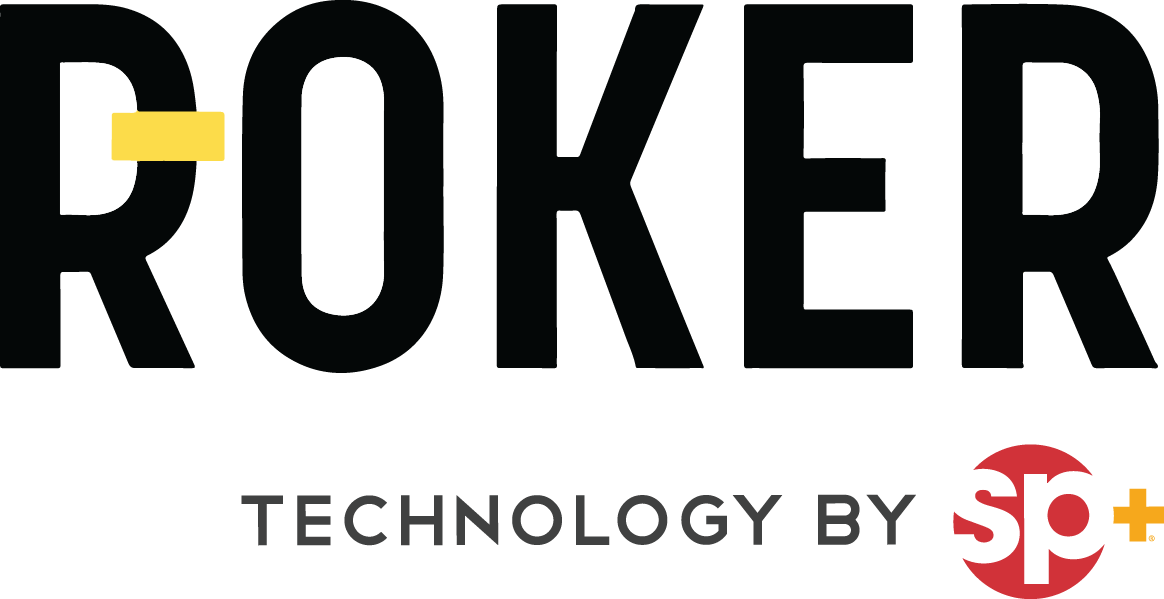
While parking technology drives efficiency in the enforcement process, it also plays a key role in educating parkers and establishing clear consequences for non-compliance. Having the right systems in place is undoubtedly effective, however, if parkers are still failing to comply, this introduces an additional challenge. By implementing a cloud-based parking platform, operators can proactively educate parkers on the rules and regulations in place, while ensuring compliance and equitable use of their parking resources.
Establish real consequences for non-compliant parkers
Setting firm consequences for parkers who fail to comply can encourage better compliance within a parking facility. If parking violations, permits and sessions are left unpaid, parkers should be notified that they may be further penalized for not complying with the established rules. Parking operators can clearly outline these rules for customers on eTickets, digital screens of parking meters, standard stationary signage throughout the facility or on entrance gates.
For example, in Ontario, Canada, unpaid municipal parking fines can result in license plate denial. This means that if a parker has any outstanding fines and their license plate expires, they won’t be able to renew their license plate without paying for those past violations. This is a clear consequence that the Province of Ontario has established in an effort to educate parkers and promote greater compliance within its towns and cities.
Make use of signage throughout your facility
Whether it’s a residential building, retail space or school campus, there will always be new parkers entering the parking facility who may not be familiar with the existing rules. For this reason, both new and returning parkers should be reminded of the rules within a given lot to ensure compliance. Displaying legible signage throughout a parking facility eliminates any confusion from parkers, improves parking guidance and can prevent potential parking violation disputes. More signage with clear instructions is always a good investment.
Clearly identify restricted or “special purpose” areas and reserved spots
It’s important that parkers know exactly where they can park without blocking or occupying a reserved spot. If parking operators want to promote fair use of parking resources, they need a system to help them verify authorized vehicles and indicate which spots are reserved. For example, in most residential buildings, there are “special purpose” areas for visitors and reserved spots for residents and employees. Using fixed license plate recognition (LPR), operators can immediately be informed when parkers enter a specific area intended only for authorized vehicles. Fixed LPR, or “touchless” access software may also give operators better access control by enabling them to grant access only to parkers with a permit or a reserved spot and mobile identification.
At Roker, our suite of cloud-based parking features help parking operators better educate parkers on the rules and regulations of their facility to improve access control and overall compliance. Our platform is designed to provide solutions that effectively address daily parking challenges that are often a result of poor compliance and lack of access control. To learn more about how Roker can help you, contact us here.
